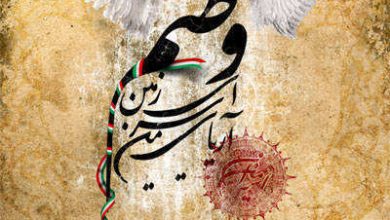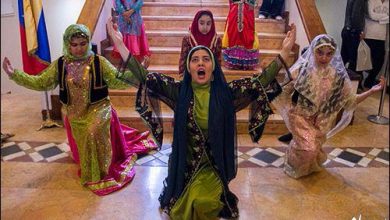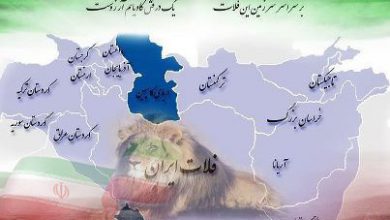Introducing Asadi Tusi
Introducing Asadi Tusi
Abu Nasr Ali bin Ahmad Asadi Tosi is an Iranian poet of the 5th century AH and the composer of the epic work Garshaspnameh.. He died in the year 465 Hijri according to Majmael al-Fasha. His tomb is in Tabriz. Esadi Nazem Garshaspnameh finished in 458 AH. Among the works written following Ferdowsi's Shahnameh, Gershaspnameh is one of the most successful texts..
Asadi Tosi is important in the history of Iranian literature in several other ways: The oldest Persian manuscript found so far(Al-Abniyyah on the facts of medicine) It is written in Asadi Tusi. In addition, he created the first Persian dictionary (Based on what we have received so far) It is compiled in the name of Fars dictionary.
Asadi's works and thoughts
Maqbar al-Shaarai in Tabriz is the burial place of about 400 famous scientists and writers of Iran.
Asadi is focused on storytelling and has dealt with the order of stories that are close to Ferdowsi's Shahnameh in many ways.. Asadi's poems have gained a special effect due to appropriateness and good usage and are full of similes and new metaphors and verbal and spiritual crafts.. Asadi Tusi was one of the lexicographers and he was a master in this art, and he read many Diwans of the past carefully and deeply, and he obtained rare words and sometimes he used the same words in his poems, and for this reason, there are many Persian words in Garshaspnameh. which is used less even in the poems of the fifth and sixth centuries. Bringing these words, although in terms of preserving the language, is worthy of praise and one of the reasons for the superiority of this system, but it has harmed its eloquence and popularity to some extent.. The best evidence is that Ferdowsi's Shahnameh, which is several times as long as Asadi's system, has fewer of these words, although Ferdowsi's attention to language preservation was greater..
Garshaspnameh
The subject of this book is the story of a warrior named Garshasab who, according to the traditions of Nariman's father, was Rostam's grandfather and fought in India and other lands and became famous.. This book was completed in 458 AH, that is, 58 years after the end of Ferdowsi's Shahnameh. Garshaspnameh was adapted from the Garshaspnameh written by Abul Muayid Balkhi, a poet and writer of the 4th century.. The rhymed Garshasepname does not differ much from the original story and Asadi has not made any changes in it.
Effects
The author of Majmaal al-Fasha, four odes of debates in the name of Asadi Tosi, including the debate between the sky and the earth – Day and night debate – He has recorded the debate of Mugh and Muslim - the debate of spear and bow. Garshaspnameh and Fars word are among the great works of this scholar poet.
A few verses from Gershasb Nameh:
I'm looking for a job, both are valuable
Let my name be so loud
If you promise my departure letter
Give these two spades black and white
I was happy to go
Let everyone remember me
Mehi Bod Sar Dod and the foundation of religion
The precious order of Shah Zamin
Mohammad Mehjod and Charkh Hanar
His father was Sameil Hessi
Redi Danesh Arai Yazdan Parast
The land of peace and the sea of the heart and hand
From the smooth wheel to the dark lamb of the soil
What and why Giti knows it is pure
Good mood and wisdom
The road and the vote of masculinity
Luck and knowledge and trickery
God H Nadashta Zo Darigh
His brother Vala Brahim Rad
Mehtar Nejad's chosen Jahangard
Laughed at the joke and praised the arrow
He will give you treasure and he will take you to the city
References:
Absolute creation, glory. "A tour in Gershaspnameh (Section 1)».
Safa, Zabihullah. The history of Iranian literature vol.1 (Summary of the first and second volumes of the history of literature in Iran). 20th edition. Tehran: Phoenix, 1381.
Dehkhoda dictionary






Greetings, respected site administrator, with your permission, I took a copy of your SAD photo, if you don't like it, tell me to delete it.